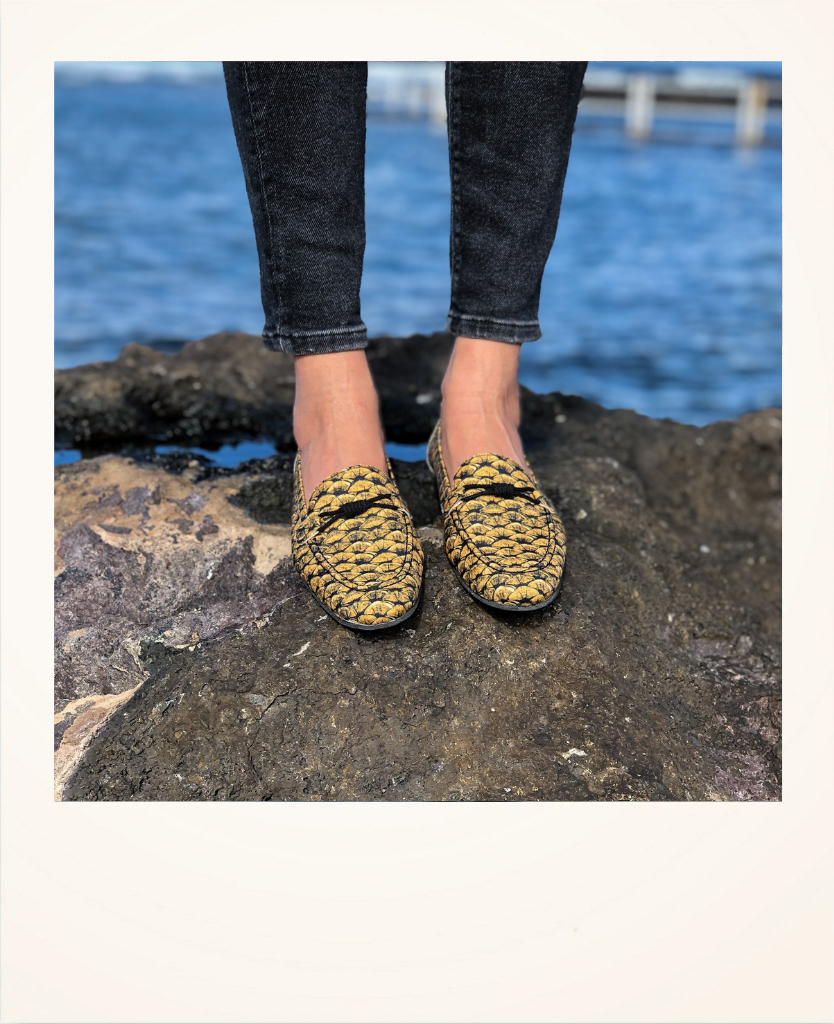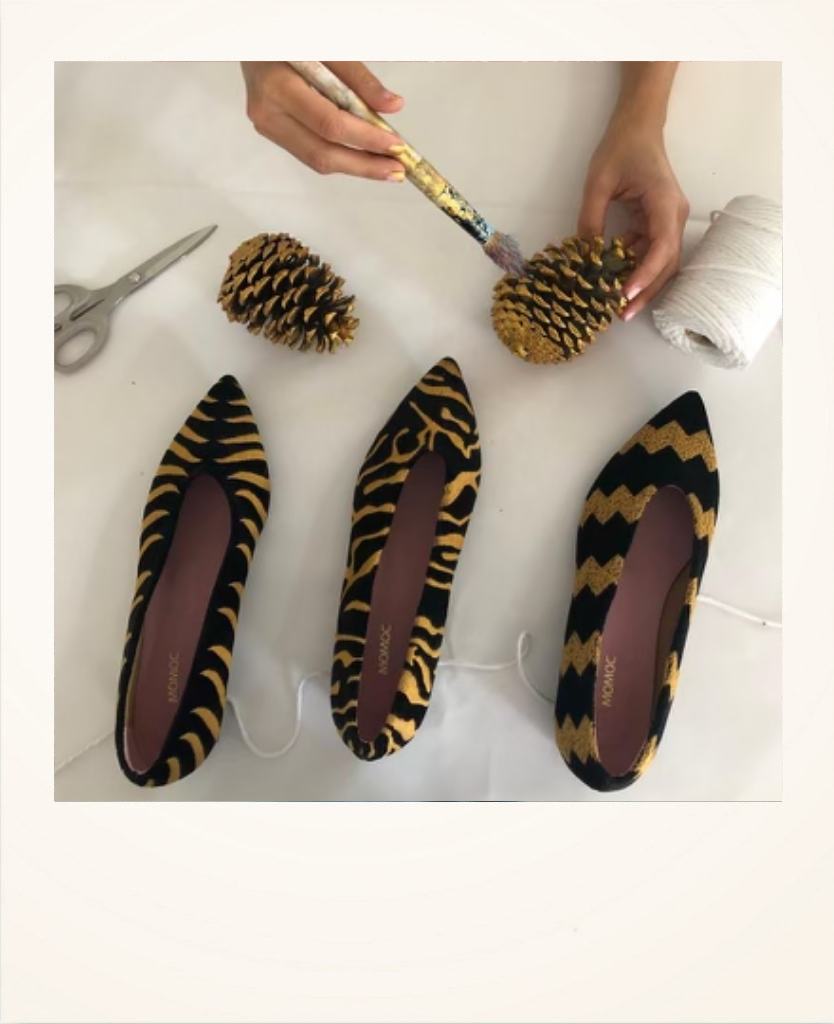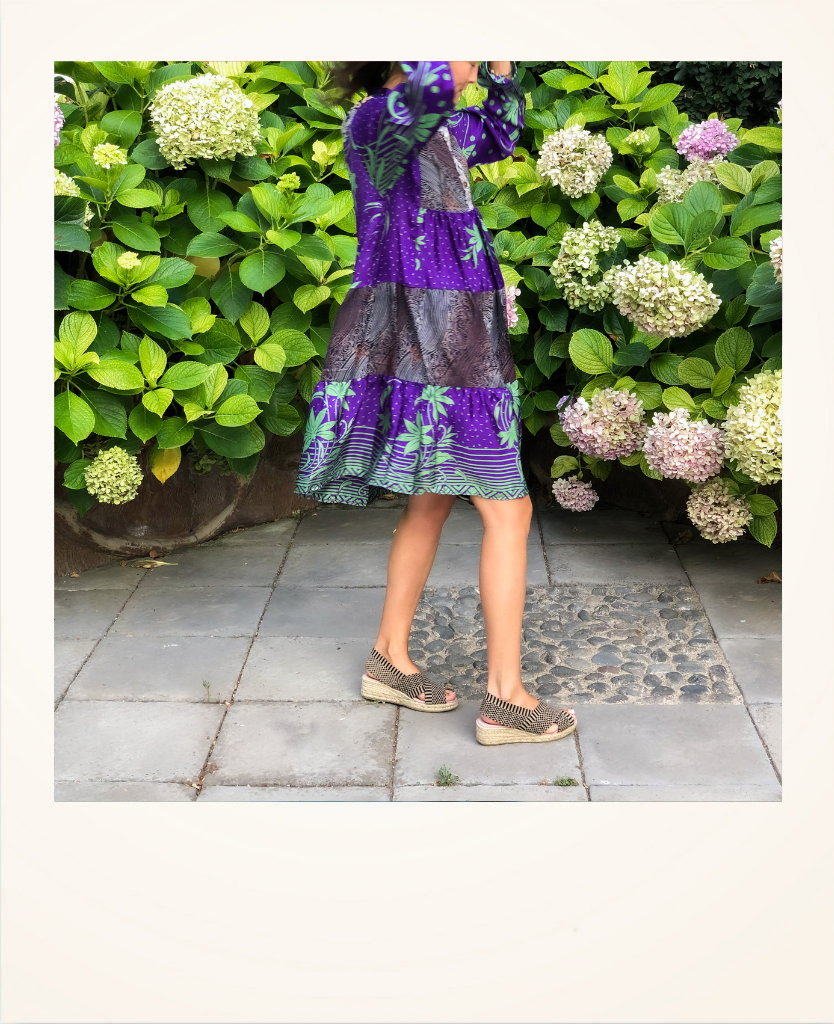Can you imagine if all the plastic that pollutes our oceans and invades the habitat of so many living beings could be reused to create something useful? Something you could even wear? What started as a hypothetical ended up becoming a reality thanks to the work and effort of the SEAQUAL initiative, an initiative born with the goal of cleaning up our oceans and which has now even managed to patent its own yarn created from plastic waste—a yarn with which we've even created our own collection: Saumon Mer . But first, let's go back in time. What is SEAQUAL and why is an initiative like this so necessary?
To give you an idea, here are some chilling facts about the current treatment of our oceans:
- Every year, 12 million tons of plastic are dumped into our oceans.
- 92% of the plastics that reach the oceans are macroplastics
- If left unchecked, these plastics break down and become microplastics—plastics so small they enter the food chain of all species, including our own.
- The most common microplastic is the dust released by vehicle tires.
- Ocean plastic can take centuries to biodegrade.
- Ninety percent of the plastic that ends up in the ocean enters through the rivers that flow into it.
- The belief that most marine debris comes primarily from fishing and shipping is a myth. Eighty percent of marine plastic litter comes from land.
- Marine debris harms more than 800 species. Forty percent of marine mammals and 44% of seabirds are affected by ingesting marine debris: 1,000,000 birds and 100,000 marine mammals die each year due to plastic waste.
- Marine pollution causes biodiversity loss and hampers ecosystem functions.
What is SEAQUAL

The Seaqual initiative is "a community with one voice against plastic pollution." We bring together individuals, organizations, and businesses to help clean our oceans, raise awareness about the marine plastic problem, and highlight the heroes working to solve it.
Despite living in a world where it seems like humans are doing nothing but harming their own planet, fortunately, there have always been individuals and groups who have done, and continue to do, everything possible to solve this problem. With this in mind, SEAQUAL decided to bring together all the companies dedicated to cleaning the oceans around the world and doing something with the waste they collect. From small groups of local volunteers carrying out one-off beach cleanups to large international programs involving entire fishing communities to regularly recover waste. At SEAQUAL, everything counts because everything contributes.
When we discovered SEAQUAL, we fell in love with its philosophy, partly because it reminded us so much of our own. Much of what you don't see at Momoc is the search for materials to give them a second life, and that's exactly SEAQUAL's goal. "At SEAQUAL, we don't look for materials to recycle; we recycle the materials we find."
In total, SEAQUAL has managed to transform 200 tons of marine litter. And not only that. One of SEAQUAL's missions is to "provide local solutions to global problems and markets." This means that, in addition to transforming marine litter recovered locally by local organizations in strategic locations such as Asia and Central and North America, they also support local communities in improving their waste management and recycling infrastructure.
SEAQUAL ® Marine Plastic
Once all this marine debris has been collected and collected through cleanup programs, it is sorted into different types of materials. All plastic is cleaned and transformed into SEAQUAL® marine plastic in facilities approved by the SEAQUAL initiative. It is then delivered to industry to be transformed into new, beautiful, and sustainable products.

Why is marine plastic so important?
- Prevents marine debris from being sent to landfills or incinerated
- Raise awareness of the problem of marine litter
- Gives visibility to people and organizations that help clean our oceans
SEAQUAL Yarn ®
Seaqual Yarn is a high-quality, 100% post-consumer recycled polyester yarn containing Seaqual marine plastic. Its properties are almost identical to standard recycled polyester yarn. Its composition is 10% SEAQUAL® marine plastic (derived from marine plastic litter) and 90% post-consumer PET from land-based sources. It is used, among other things, for clothing and accessories, automotive upholstery, home furnishings, and technical textiles.
How is it made?
- Ocean cleanups collect marine debris.
- Marine debris is transported by authorized waste management companies to SEAQUAL INITIATIVE-approved sorting centers.
- Waste is divided into plastics and non-plastics.
- Plastic is classified into different types of polymers.
- Each type of polymer is then compressed into "bales" (a large block) for shipping.
- The PET bottle bales are sent to a MARINE INITIATIVE-approved flake producer.
- The bottles are crushed into small pieces (flakes). At this stage, they are removed and separated from other materials such as bottle caps, labels, adhesives used on labels, and any residue, such as sand, in a washing process.
- The 100% washed PET flakes are then sent to a SEAQUAL INITIATIVE approved chip manufacturer.
- The chip manufacturer blends PET flakes from marine waste with post-consumer PET flakes from land-based sources.
- The mixed flakes are heated until they melt and then fed into an extruder, where they are formed into long, spaghetti-like strands that are then cut into small pieces or chips.
- The chips are sent to SEAQUAL's licensed yarn manufacturer.
- SEAQUAL's licensed yarn manufacturer melts the polymer chips. The molten polymer passes through a die (a metal block with small holes) and the viscous yarns fall by gravity, cooling as they fall. Thousands of yarns are produced simultaneously, with between 34 and 134 threads to create each yarn. The yarns are combined and wound onto a spool at high speed (approximately 300 km/h).
- The bobbins are transported to the texturizing plant, where the yarn is textured.
- The textured yarn is sent to textile manufacturers authorized by SEAQUAL.
All SEAQUAL® yarn is currently manufactured in Spain.
More than bottles
The SEAQUAL INITIATIVE is not a project to recycle plastic bottles from the ocean, but rather an initiative to clean our oceans of all types of marine debris. The Ocean Cleanup Partners we work with remove all types of plastic (PET, PA, PP, HDPE, LDPE), as well as glass, metals, rubber, and mixed-material objects from our oceans. In some cases, PET bottles represent less than 10% of the trash removed from the ocean.

Buying products made with SEAQUAL® YARN means supporting ocean cleanup, not plastic bottle recycling. "For that reason, we prefer to talk about the amount of marine litter cleaned from our oceans, not just bottles. SEAQUAL INITIATIVE estimates that for every kilogram of SEAQUAL® YARN, between 600 grams and 1 kilogram of marine litter has been removed from our oceans."
Momoc and SEAQUAL
At Momoc, we're very proud to be able to collaborate with an initiative that contributes so much to the well-being of our planet. Last summer, we launched the Saumon Mer ballet flats, and this month we've reissued one of our first styles: the Saumon Mer loafers. This time, they're not only sustainable, but also vegan and made with SEAQUAL's marine waste yarn.
All images are from the official seaqual.org website.



